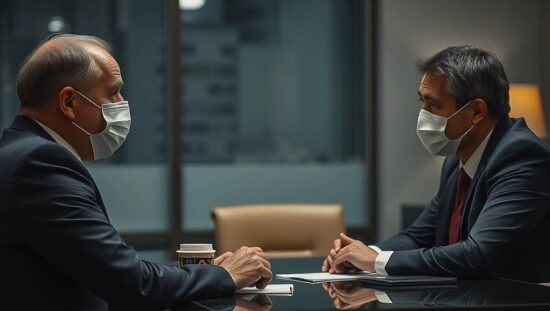The German Federal Ministry of Health has been involved in conflicts with suppliers of rapid tests during the COVID-19 pandemic, not only when purchasing masks but also when procuring rapid tests. According to a report by the German magazine “Stern”, the ministry disputed with test providers in 2021 over the question of whether it should take back excess stock.
After the disputes, the ministry reportedly entered into several out-of-court settlements, which, although intended to be kept secret, ultimately led to costs of around 150 million euros for the federal government, as stated by the ministry.
In the late stages of 2020, when the new antigen-based rapid tests first hit the market, the health ministry, led by then-Minister Jens Spahn, signed framework agreements with a dozen suppliers. The initial order was for more than half a billion tests.
Under the agreements, healthcare facilities, such as nursing homes and hospitals, as well as the federal states, could retrieve the test kits and directly bill for them.
According to the report, the ministry and the suppliers disagreed over the course of 2021 regarding unclaimed tests. The issue at stake was whether the federal government was obligated to take back the tests that were not used by the healthcare facilities and states from the agreed-upon stockpiles.
In the agreements, known as Memoranda of Understanding, with the suppliers, it was stated that the health ministry planned to “take in or settle any potential difference in quantity”. A price of 5.80 euros per test was to serve as a basis. Later, out-of-court settlements were reached and the corresponding documents were classified as confidential within the ministry.
In response to a question from the Left Group in the German Bundestag, the ministry recently stated that the costs for the settlements now amount to 153.6 million euros, involving around 39 million tests distributed to nursing homes and federal states. The health ministry did not comment on the matter when asked by the “Stern” magazine.
Spahn, in a statement, noted that rapid tests of good quality were scarce worldwide during the pandemic and the focus was on securing sufficient test capacity to protect the population.





